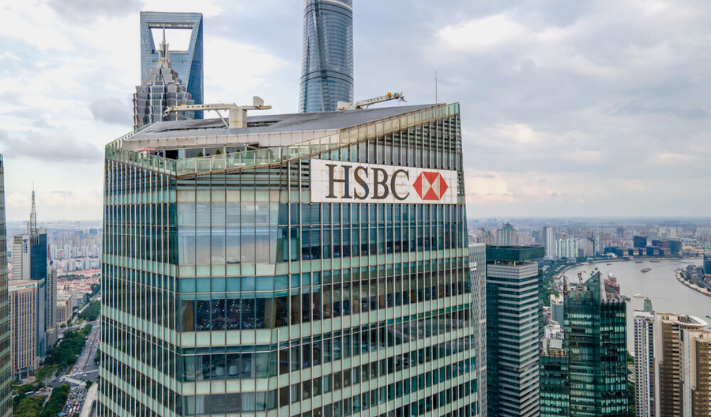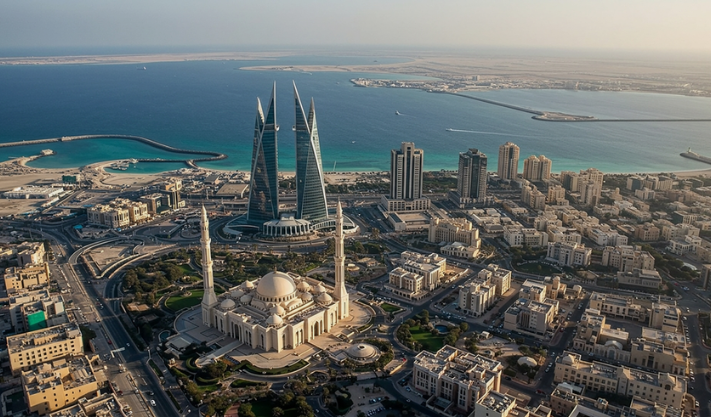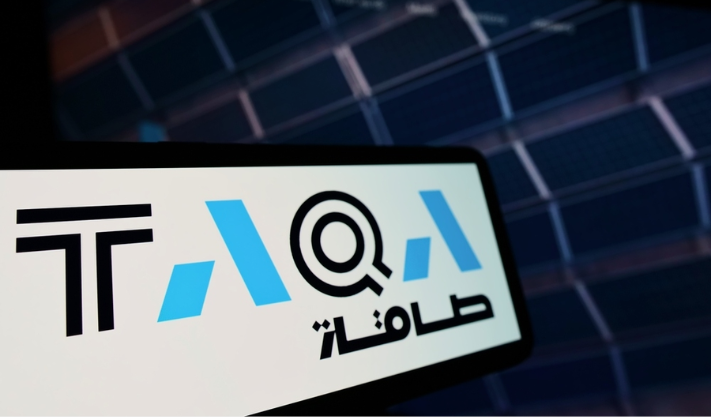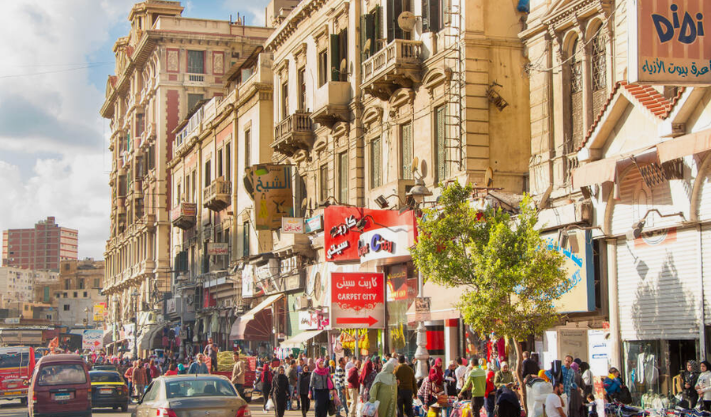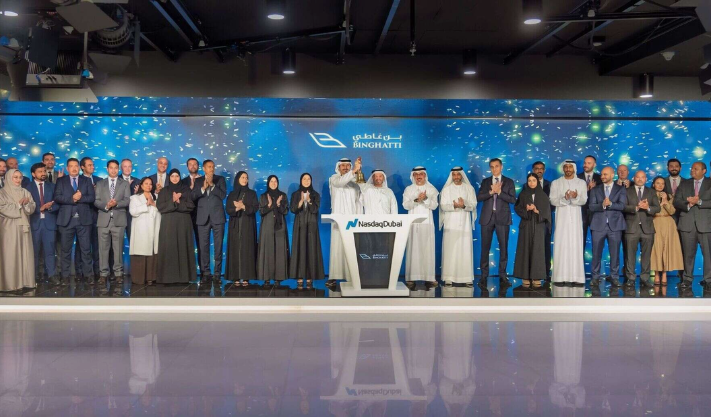Middle East Economic Growth Forecast for 2025: Key Insights
The Middle East, a region known for its vast oil reserves and strategic geopolitical importance, is set to experience a dynamic economic landscape in 2025. As nations continue diversifying their economies beyond oil dependency, new opportunities and challenges emerge. This article provides an in-depth analysis of the Middle East’s economic growth forecast for 2025, highlighting key trends, growth drivers, and potential risks.
Economic Growth Projections
According to analysts, the Middle East is expected to achieve a moderate economic growth rate in 2025, driven by non-oil sectors and strategic reforms. The International Monetary Fund (IMF) and World Bank forecast GDP growth in the range of 3.5% to 4.2% for the region. This growth is primarily fueled by government-led diversification efforts, digital transformation, and an increasing focus on renewable energy.
Key Growth Drivers
1. Economic Diversification Efforts
Gulf Cooperation Council (GCC) countries, including Saudi Arabia and the United Arab Emirates (UAE), have been aggressively implementing economic diversification strategies. Saudi Vision 2030 and the UAE’s focus on knowledge-based industries are expected to play a significant role in boosting non-oil sectors such as tourism, manufacturing, and technology.
2. Increased Foreign Direct Investment (FDI)
The Middle East continues to attract foreign investors due to business-friendly reforms, free economic zones, and mega infrastructure projects. The introduction of 100% foreign ownership policies in several GCC nations has further strengthened FDI inflows, especially in technology, real estate, and financial services.
3. Growth of Renewable Energy
The shift towards renewable energy is gaining momentum, with massive investments in solar and wind energy projects. Saudi Arabia’s NEOM city and the UAE’s ambitious clean energy initiatives, such as the Mohammed bin Rashid Al Maktoum Solar Park, position the region as a leader in sustainable development.
4. Digital Transformation and Innovation
Governments in the Middle East are accelerating digital transformation initiatives, investing in artificial intelligence (AI), blockchain, and fintech. The expansion of 5G technology and smart city projects, particularly in Dubai and Riyadh, are expected to enhance productivity and economic growth.
Potential Economic Risks
Despite a promising outlook, several challenges could impact economic growth in the Middle East:
- Geopolitical Uncertainties: Ongoing regional conflicts and diplomatic tensions could affect investor confidence and economic stability.
- Global Oil Market Volatility: Although diversification efforts are underway, oil price fluctuations continue to pose risks to fiscal revenues in oil-dependent economies.
- Inflationary Pressures: Rising global inflation and interest rate hikes may affect consumer spending and business investments.
- Climate Change and Water Scarcity: Environmental concerns, including desertification and water shortages, could impact long-term economic sustainability.
Conclusion
The Middle East’s economic outlook for 2025 remains optimistic, with key sectors such as technology, renewable energy, and infrastructure leading growth. While challenges persist, proactive government policies and increasing global investment in non-oil industries are expected to drive economic expansion. Businesses and investors looking to capitalize on the region’s potential should stay informed about emerging trends and regulatory developments.
By maintaining a strategic focus on economic diversification, innovation, and sustainable development, the Middle East is set to navigate the future with resilience and continued prosperity.
Published: 3rd April 2025
For more article like this please follow our social media Facebook, Linkedin & Instagram
Also Read:
OPEC+ Output Decisions: Impact on Middle East Economies
Egypt’s El Sisi and Trump discuss Gaza and Red Sea travel in call
UAE’s DAMAC to expand data centers in Nordic countries

